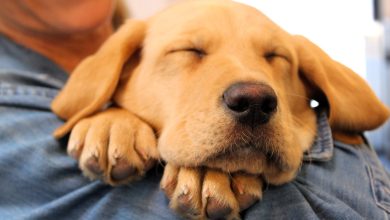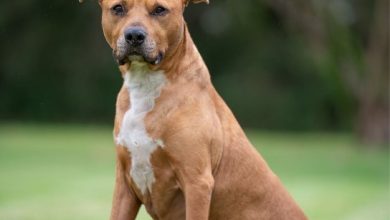Many pets have undergone great upheaval to their usual routines over the past few months. For many pets this has been their first experience of their owners working from home for a prolonged period of time.
Conversely, the pets of essential workers may have had less time with their owners than they are used to.
It has also been a time where many people have decided to adopt or foster new pets into their households.
With the slow return of life to pre-Covid 19 times many pet owners are concerned about how their pets will cope with their return to work and behavioural issues like separation anxiety emerging.
There are a few simple strategies that will help make the transition easier. Most pets will make this transition fine but it is good to recognise there are some that won’t and to know when to get professional help.
How you can help your pets during this time
• A gentle transition back to the office in the form of reduced days or shorter hours and then slowly increasing hours (if possible) will help pets return to their normal pre-Covid 19 routine and help reduce separation anxiety.
• Many pets have had changes to their usual feeding and exercise regimes and care must be taken in the transition period to ensure that pets are still receiving adequate exercise for health and stimulation and that they are not fed excessively.
• An abrupt change to full time working out of the house will be an even harder transition for younger kittens and puppies. It is especially important to ensure that they have adequate stimulation in the form of ‘safe’ toys, items such as slow-release treatballs and quality time with you before and after work.
• Be aware of new experiences that your pet is having, for example, visitors to the household can be challenging for some pets. Ensure visitors are introduced gently and with lots of positive reinforcement in the form of praise and treats.
• The inability for routine Puppy School classes to run has meant that many new pet owners have missed the opportunity to learn routine health and training information and that new puppies have had reduced socialisation opportunities. Take care when introducing them to new environments such as off-lead dog parks especially if their behaviour around other dogs is unknown or if you are uncertain how well they will return when called. Visiting at quieter times of day such as early morning is a good idea until you have more a feel for their behaviour. Remember new Covid-19 social etiquette with regards to personal space and distancing.
• Contacting a local dog walker or doggy day care facility is a good way to support your local economy and provide exercise and socialisation opportunities for your pet.
Vets can help with separation anxiety by giving behaviour advice, suggesting calming pheromone products, diets or other non-drug treatments, and in some cases prescribing behavioural medication.
The next phase in our lives after Covid-19 is about to start. Applying some simple strategies and recognising when things are not going well will make this a smooth transition for us and our pets.
If you have any concerns please do not hesitate to contact your local Sydney Animal Hospital www.sydneyanimalhospitals.com.au










